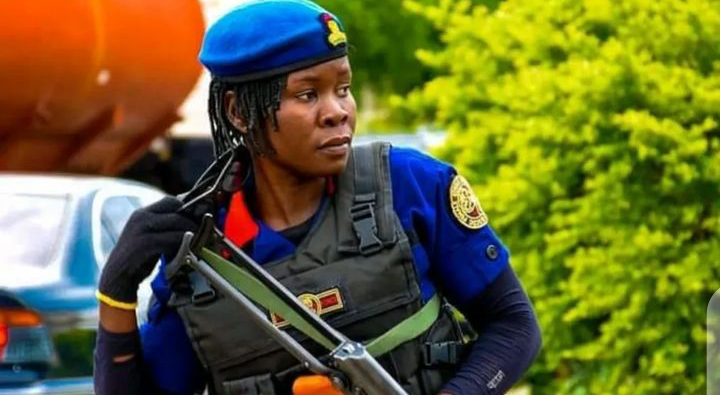Civil Defence 2023/2024 Recruitment Application Form Registration Portal |

Nigeria Civil Defence Recruitment 2023 – Here is an article on Civil Defence Recruitment Portal, application form and requirements and how to register for Nigeria Security and Civil Defence Corps (NSCDC) Recruitment 2023 via www.nscdc.gov.ng application portal.
Civil Defence Recruitment 2023 starting date has been announced. Civil Defence application portal is www.cdfipb.careers. Application commences on Monday 12th December, 2023. See recruitment form, application portal (www.nscdc.gov.ng), requirements and how to apply for the NSCDC Recruitment 2023 and every details about Nigeria Security and Civil Defence Corps Recruitment 2023 which you need to know.
This article contains information on Civil Defence recruitment portal and application guidelines and how to get the recruitment form. You can apply for Civil Defence job on the website www.nscdc.gov.ng portal and also get shortlisted.
Most importantly, NSCDC recruitment 2023 application is free. Ensure you take note of this if you wish to apply for any job vacancy in Nigeria Security and Civil Defence Corps (NSCDC). Application form is obtainable online on the recruitment portal of Civil Defence.
So, all the information you might need about Civil Defence Recruitment 2023 application has been provided here. Let’s get started. You visited this page to apply for NSCDC Recruitment 2023 and also see the official portal for Civil Defence 2023 recruitment exercise.
Is Civil Defence Form out 2023? Well, so many people always ask if Nigeria Security and Civil Defence Corps (NSCDC) recruitment form is officially out for 2023. The simple answer is No. Civil Defence will update us once NSCDC application form is out.
Civil Defence recruitment portal is www.nscdc.gov.ng or cdfipb.careers. Civil defence application portal website will be open as soon as the recruitment is announced to commence officially.
Civil Defence Recruitment Requirements 2023
Height (Male) 1.65m
Height (Female) 1.60m
Age 18-30
Academic Requirement B.Sc, HND or OND, WASSCE
A B.Sc or Masters’s Degree from an accredited Tertiary Institution in any related discipline or an HND in a relevant course in any field of study. Also, having a good knowledge of computers and its basic applications to use for the work and proper delivery of various task as required by the organization.
Please note, at the moment, Civil Defence recruitment form is not yet out. We will update this webpage as soon as the form is online. Simply visit this website or Civil Defence Recruitment Portal on www.nscdc.gov.ng to know when the form is out for 2023.
Facts About Civil Defence Recruitment 2023
The Nigeria Security and Civil Defence Corps is a Para-Military Outfit that is responsible for protection of Nigerians in public events and as such it needs to recruit new workers from time to time. Once Civil Defence is recruiting, information will be released to the general public to keep them updated.
The Nigeria Security and Civil Defence Corps (NSCDC) has clearly stated on the portal www.nscdc.gov.ng that recruitment into the agency is transparent and completely free of charge to apply. This means that as long as you have the needed credentials, you should be eligible to participate in the recruitment exercise.
How to Apply for Civil Defence Recruitment 2023
It is very easy to apply for Civil Defence recruitment, simply go to the official recruitment portal www.nscdc.gov.ng and register. Once you’ve done that, submit your documents on the portal and provide the right information. Here is a more detailed step to apply for civil defence 2023 recruitment:
Go to www.cdfipb.careers.
Click on Apply.
Enter your Bio-data on the page
Upload your certificates and National ID.
Submit your application once completed.
Shortlisted Candidates will be contacted soon.














